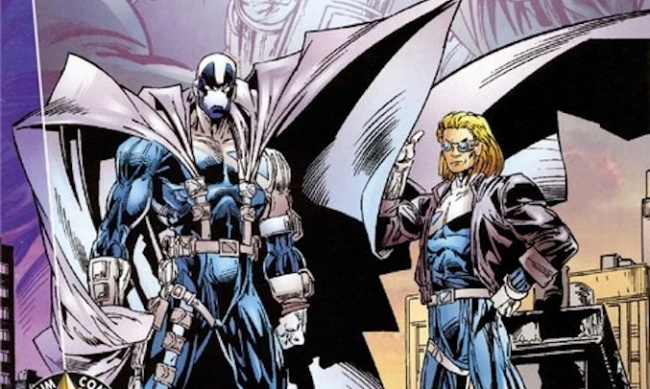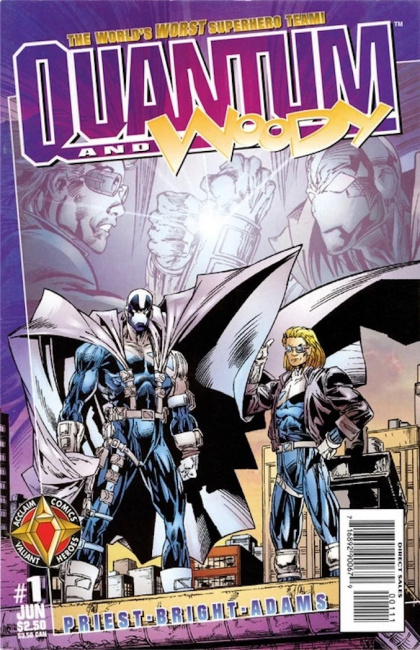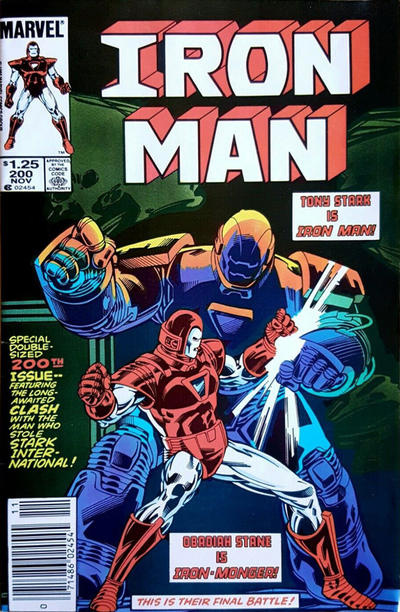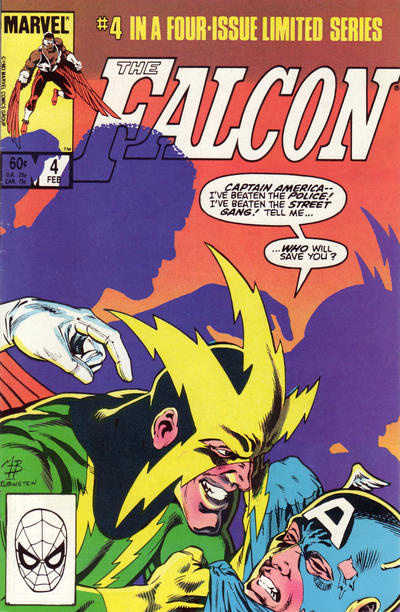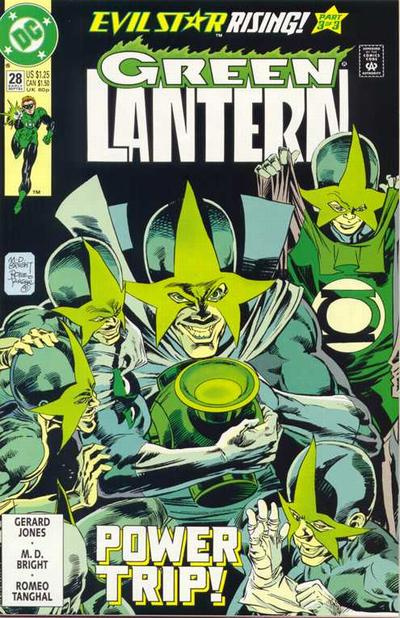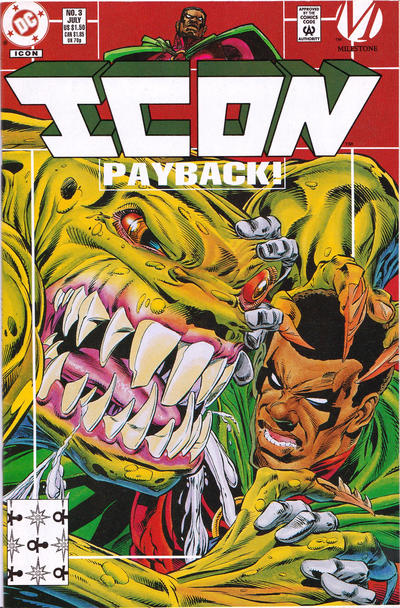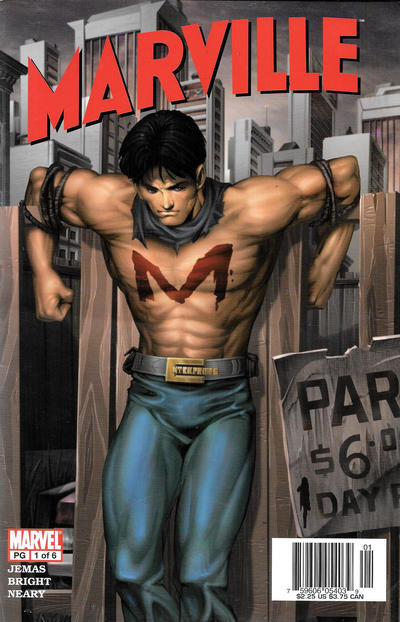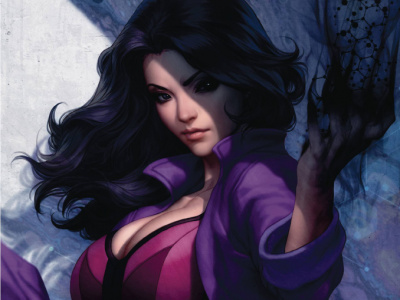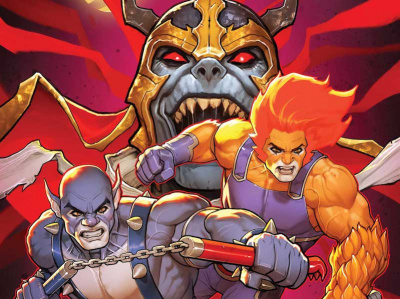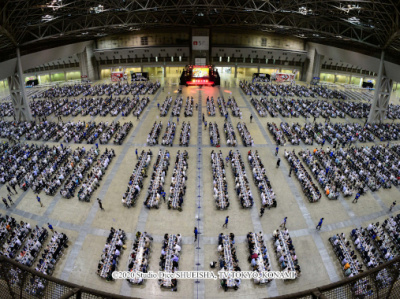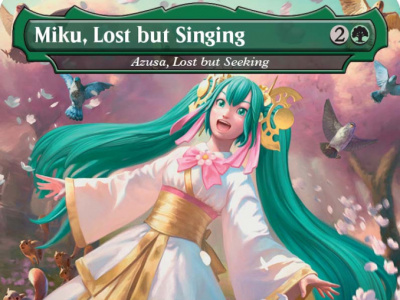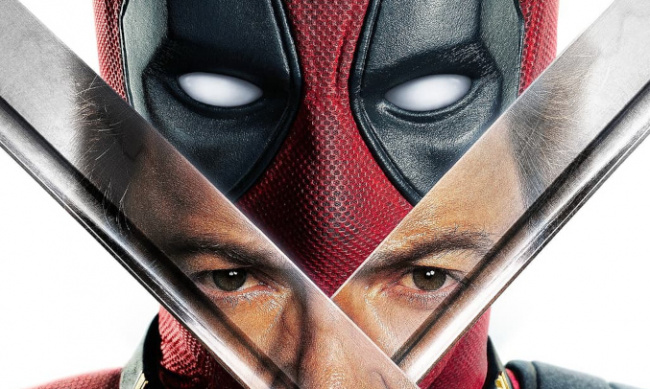Bright was born in 1955, the fifth of seven children, and grew up in Montclair, NJ. His grandmother was a hairdresser with a salon in her home, and as a child he would read the Archie and Harvey comics that she bought to amuse her clients’ children. In his official bio, he also cited Saturday morning cartoons, including Space Ghost and The Herculoids, as early influences. He attended the Pratt Institute in New York, graduating with a BFA in 1978.
He spent the next four years working on his portfolio, sending submissions to Marvel and DC, and doing consulting on the side, and in 1982, just as he was about ready to give it up, he started getting work from Marvel as well as Berkeley Books and some toy companies. “Granted, I wasn't making much but I was spending more time working than I was going out and looking for work,” he wrote. He did several stories for DC’s House of Mystery, but he got tired of working on that title and let one sit on his desk for two months before finally turning it in. “I received a kill fee for the work and was told that taking that long to do five pages was unacceptable,” he said. “I didn't get another chance to work at DC Comics for years after that, mainly because I was not able to convince myself to call and ask.”
Things went better at Marvel, where editor Al Milgrom took an interest in his work and would critique Bright’s samples when he brought them in. He eventually drew a story for Milgrom, but there was no work for a while. Just when he was ready to give up, Bright got a call from Marvel Editor-in-Chief Jim Shooter; he needed an artist for Captain America and Milgrom had suggested Bright. When Bright turned in the pages, he recalled, “Shooter looked at the pages and somewhere around page five he put them down and looked up at me. ‘Captain America" has a cleft in his chin, Mark...’” Shooter then gave him a quick storytelling lesson, using one of Jack Kirby’s Captain America comics as a guideline, and sent him home to revise the pages. After that, Bright started working regularly for Marvel. Eventually he began working with Larry Hama, whom he described as a “no-nonsense guy” when it came to critiquing his work. Jim Owsley (who later changed his name to Christopher Priest) was Hama’s assistant at the time. “Jim Owsley was a little better,” Bright recalled. “He’d only make you feel stupid, Larry would make you feel stupid *and* ugly if the situation called for it. Nonetheless, Owsley had written a four-issue miniseries, The Falcon, and he needed an artist. Bright started penciling it with issue #2, and while working together they became friends. Later, when Owsley was writing Power Man and Iron Fist, he brought Bright in and he pencilled that series from issue #110 to the end of its run with #125. Bright’s other Marvel work during this period included Iron Man, Dazzler, and Solo Avengers (Hawkeye), as well as the 1987 Spider-Man vs. Wolverine one-shot. In 1988, he got the call again from Owsley, who was at DC and needed an artist for his Green Lantern stories in Action Comics Weekly. The two struggled to keep up with the weekly schedule; at one point, Bright recalls, he left the penciled pages in the bushes near Owsley’s apartment late at night, so Owsley could retrieve them, write the dialogue, and drive them in to DC the next day. After that series was cancelled, Owsley moved on and Bright stayed at DC, working on Green Lantern and doing a handful of Batman stories as well as a run on G.I. Joe: American Hero for Marvel. In the early 1990s, Bright began working with the pioneering Black-owned comics publisher Milestone. He co-created Icon and Rocket with writer (and Milestone co-founder) Dwayne McDuffie and was the penciller for most of its 42-issue run, and he filled in on several other titles as well. Bright described working at Milestone as like playing on a football team that didn’t have enough players. On the one hand, he got to be involved in more aspects of comics creation than ever before; on the other hand, if he or anyone else was late with their pages, the whole team had to do extra work to catch up. Throughout his bio, Bright admitted to having a lifelong problem with turning work in on time.When Milestone closed down, in 1997, Bright began working with Owsley, by then using the name Christopher Priest, on a new series, Quantum and Woody, for another new comics publisher, Acclaim (now known as Valiant). The comedic superhero-buddy series ran for 17 issues before it was cancelled; a year later it was revived with issue #32, which would have been the current issue had it not been cancelled, then ran for a few more issues under the original numbering before being cancelled again. (When Valiant was revived in 2011, fans immediately began asking for the series to return; Valiant brought it back with Priest as the writer in 2013 but used other artists.)
Shortly after Quantum and Woody ended, Bright moved on from comics to storyboarding for commercials and films, including M. Night Shyamalan’s The Last Airbender (which was based on the Avatar: The Last Airbender cartoons). He continued to work on comics from time to time, including the six-issue Marville miniseries (see “Smackdown Morphs into ‘U-Decide,’”) in 2002, and his creator-owned series Level Path, which he posted on his website.


